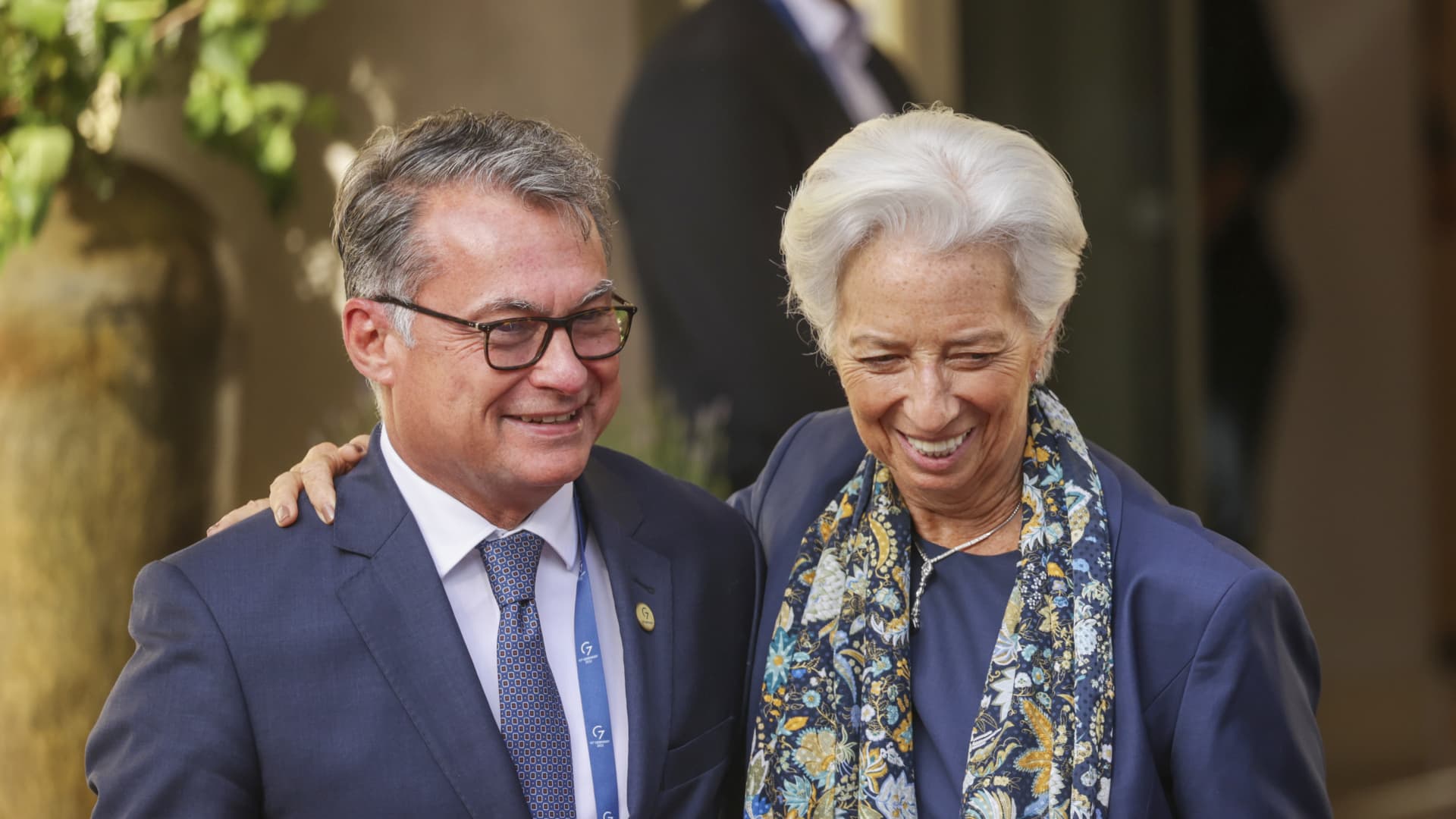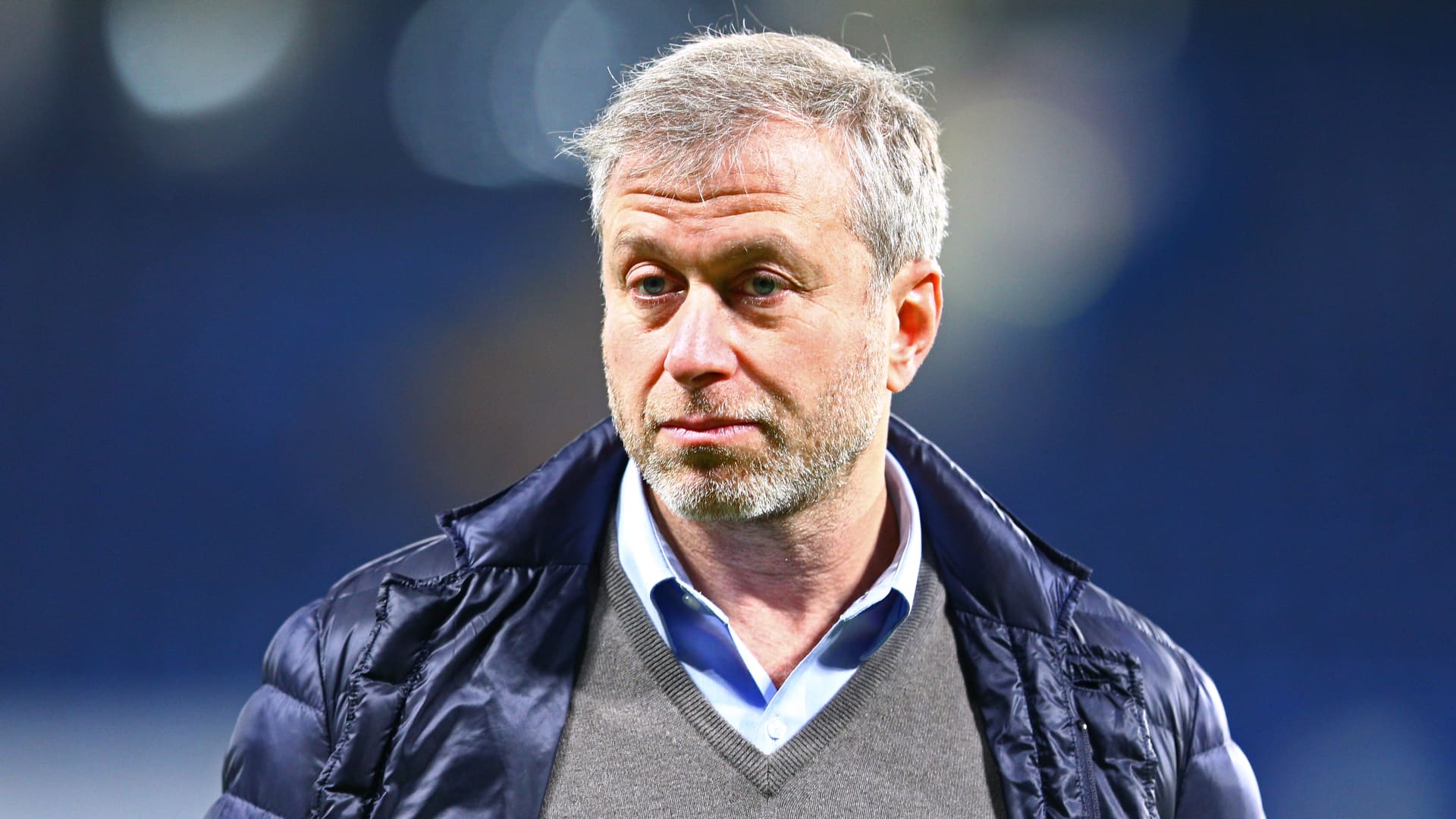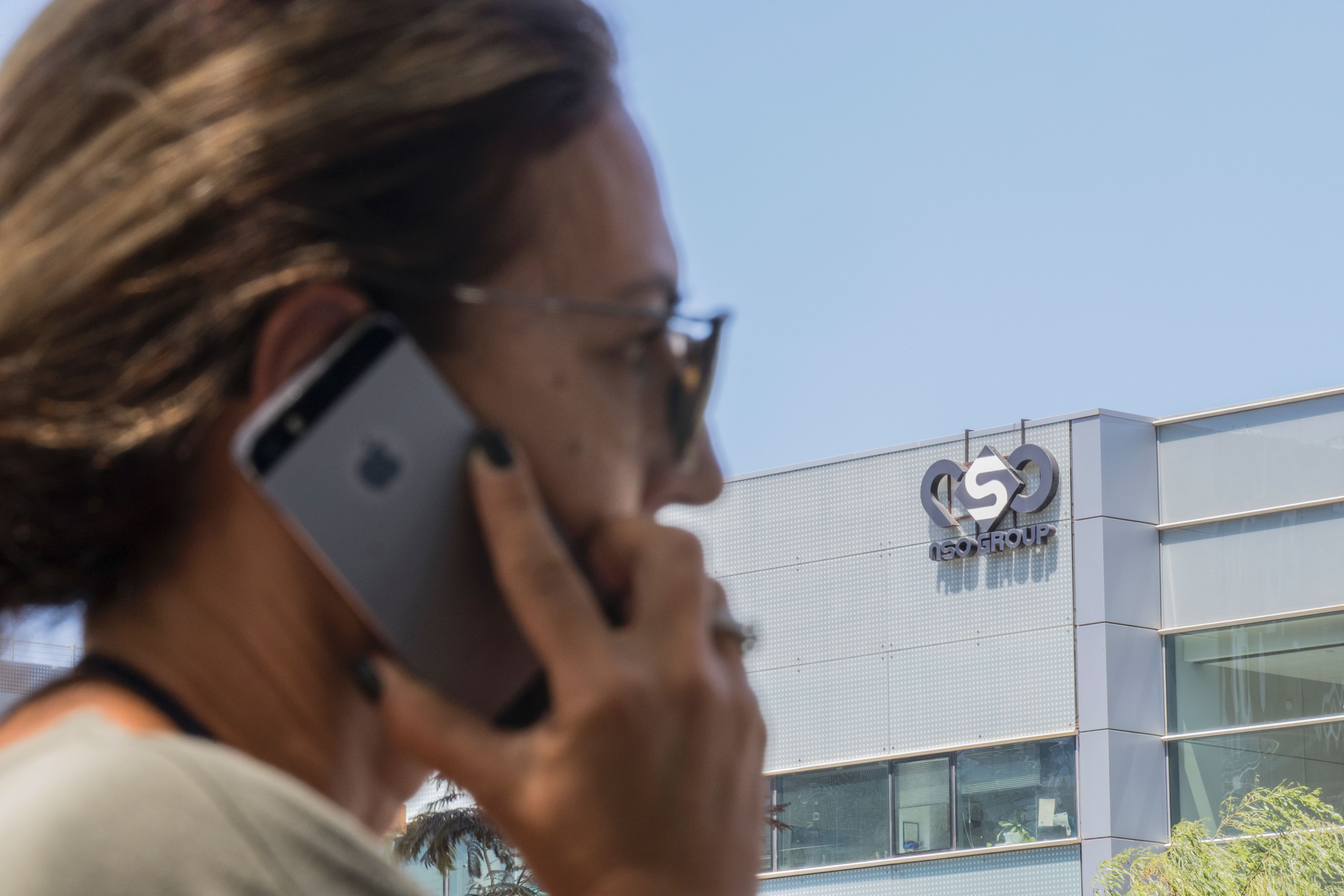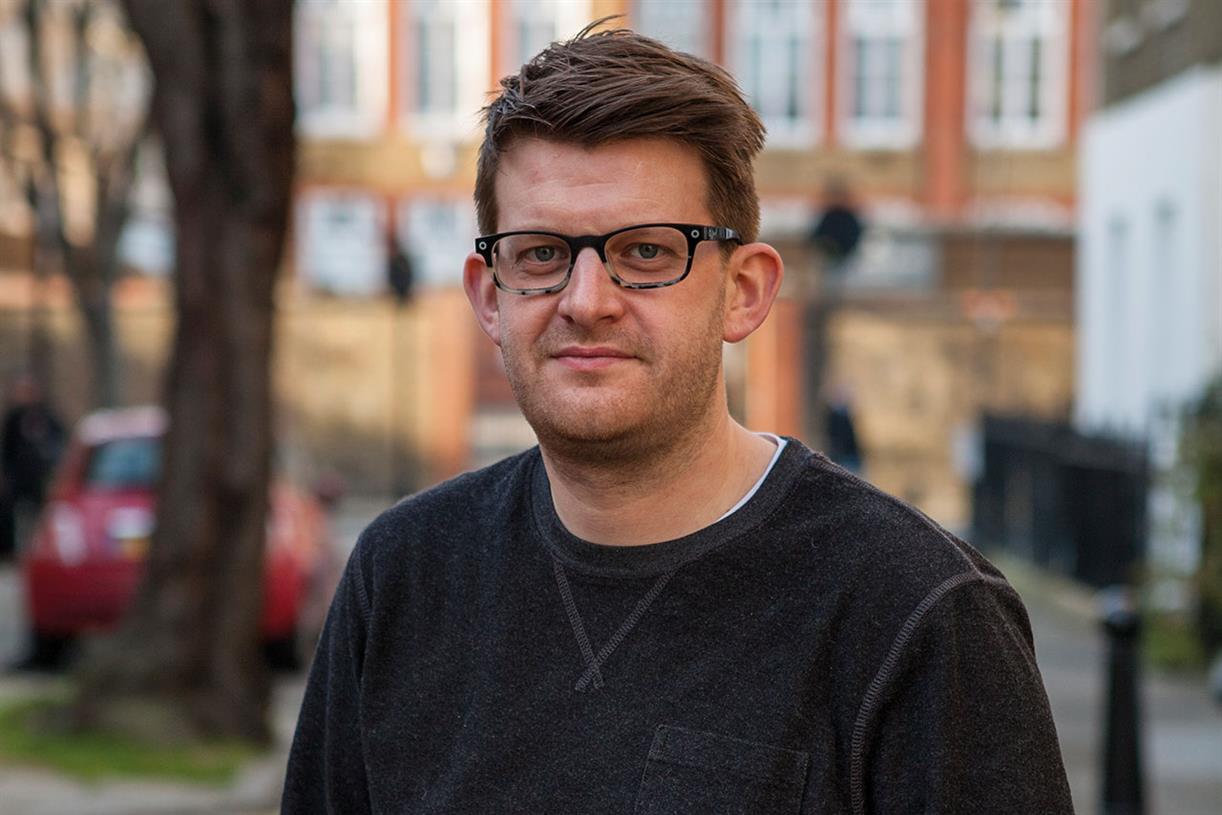Supreme Court keeps Trump election case alive, but rules he has some immunity for official acts
Former President Donald Trump is charged with illegally conspiring to overturn his loss to President Joe Biden in the 2020 presidential election.

Republican presidential candidate and former U.S. President Donald Trump attends the first presidential debate hosted by CNN in Atlanta, Georgia, U.S., June 27, 2024.
Marco Bello | Reuters
This news is developing. Please check back for updates.
The Supreme Court ruled Monday that Donald Trump has "presumptive immunity" for official acts he performed as president, complicating but not killing special counsel Jack Smith's election interference case.
The court also ruled that Trump is not immune for "unofficial acts." And "not everything the President does is official," the majority determined.
But the decision effectively erases any chance that the high-profile criminal case against the presumptive Republican presidential nominee will head to trial before the Nov. 5 election.
The 6-3 ruling, which was opposed by the court's three liberal justices, sends the high-profile case back to U.S. District Judge Tanya Chutkan.
"The President is not above the law," the majority ruled.
"But under our system of separated powers, the President may not be prosecuted for exercising his core constitutional powers, and he is entitled to at least presumptive immunity from prosecution for his official acts."
Trump is charged in a four-count indictment with illegally conspiring to overturn his loss to President Joe Biden in the 2020 presidential election.
The case in Washington, D.C., federal court has been on pause while Trump argues that he is immune from prosecution for any official acts he performed while he was president. Lawyers for the presumptive Republican nominee contend that an ex-president cannot be charged for their official acts in office unless they are impeached and convicted by Congress.
Trump was impeached in the House for inciting an insurrection on Jan. 6, 2021, when a mob of his supporters stormed the U.S. Capitol and temporarily blocked lawmakers from confirming Biden's electoral victory. He was acquitted in the Senate, where the Constitution requires a two-thirds vote to secure a conviction.
The pause of the election case forced Chutkan to postpone Trump's trial, which was initially set to start March 4.
Critics fumed when the high court decided to take up the immunity question, rather than let stand an appellate court ruling rejecting Trump's immunity claims.
The Supreme Court's intervention guaranteed months of additional delay and threatened to push any trial past the Nov. 5 election.
The election case is often considered the most serious of the four criminal indictments that have been filed against Trump while he seeks another term as president.

 Troov
Troov 































